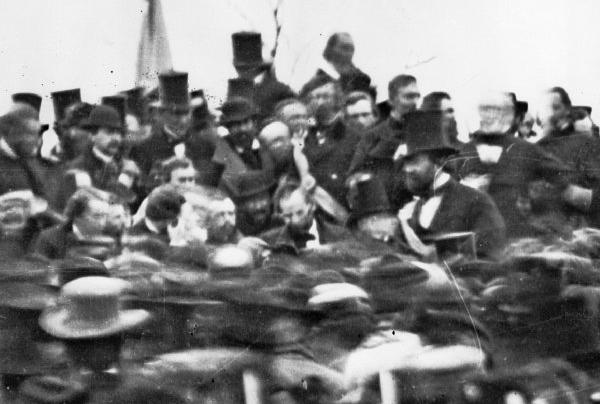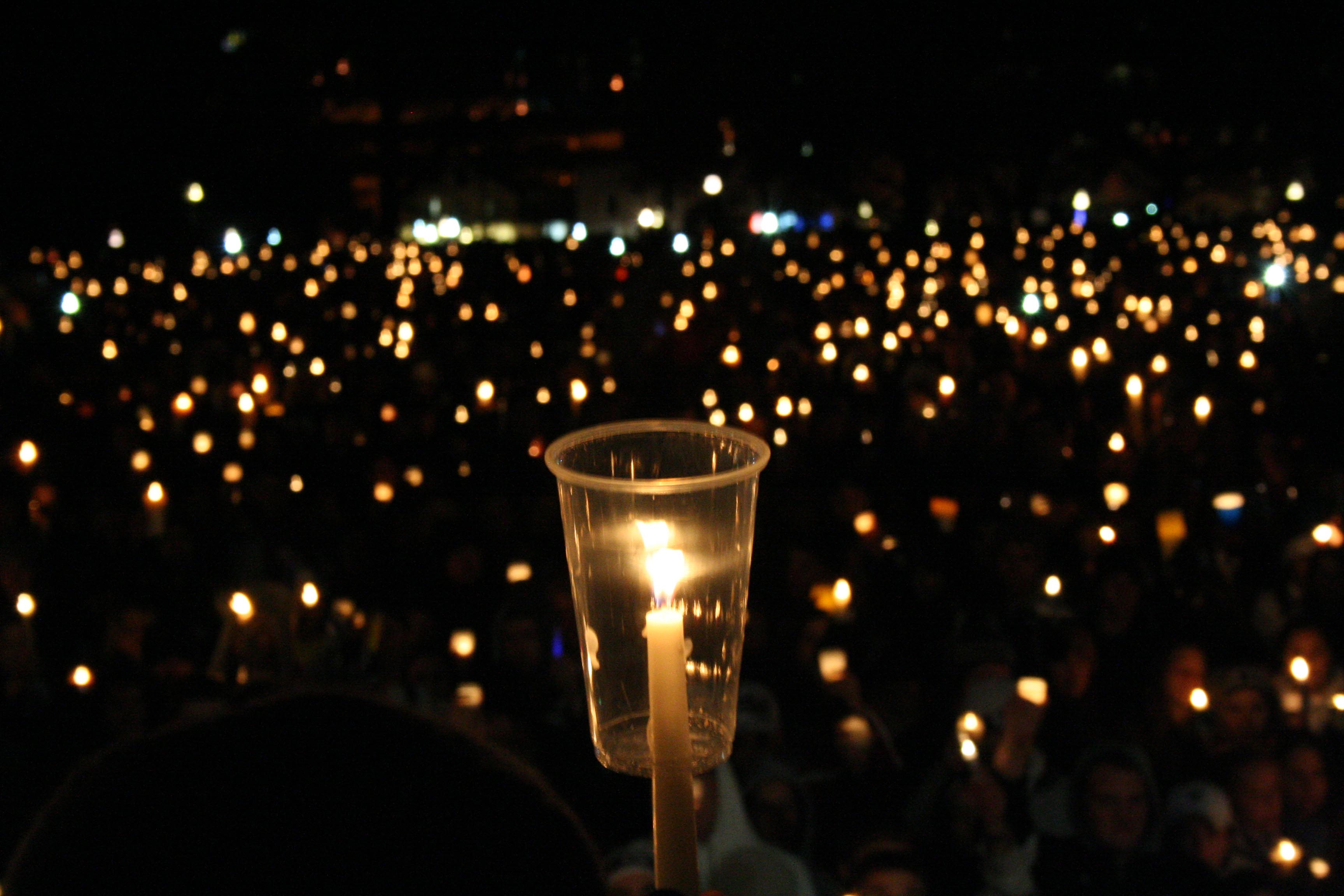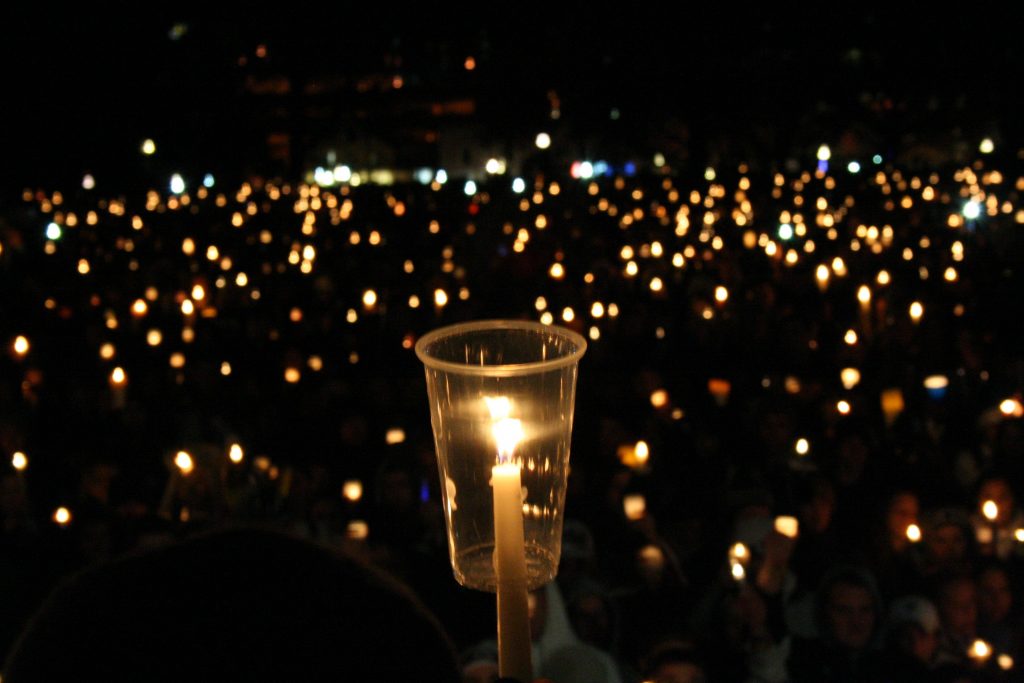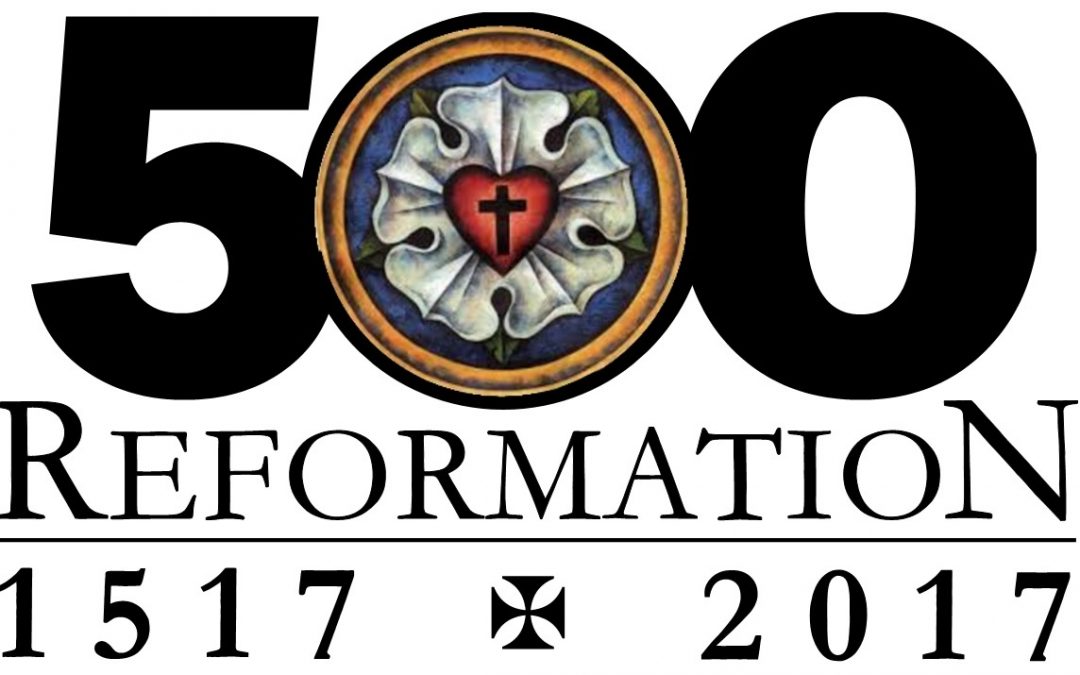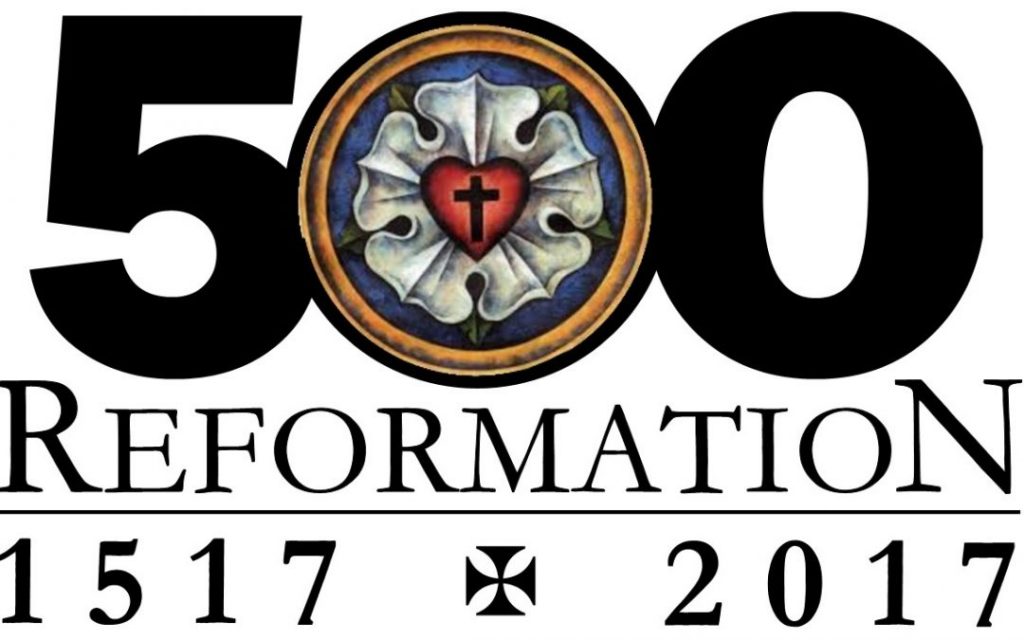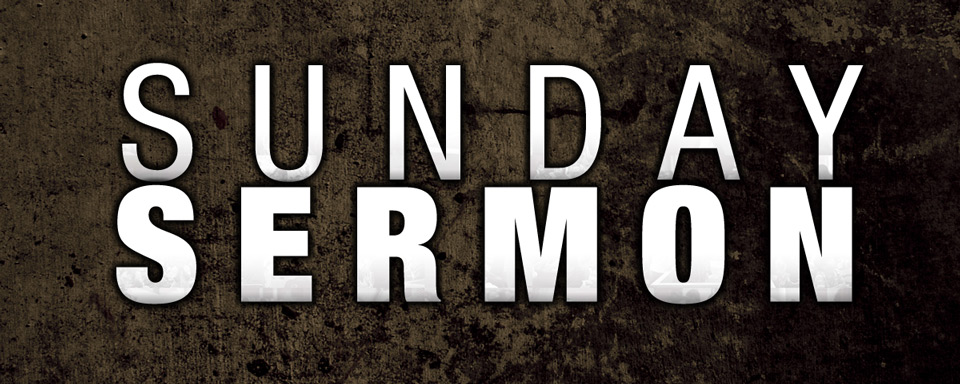
I like to watch the History Channel. Most of their programming is fun and entertaining, and you learn a little something along the way. There are two shows that I like. One is a program about two guys that roam around the United States picking through other people’s stuff and finding treasure. I enjoy the banter between the two hosts but what I enjoy is not only the history of the objects they see but the stories behind each object. We are our stories, and the things we leave behind will tell our story.
The other program I like is about a Pawn Shop on the Vegas strip. In each episode, people bring stuff into the shop to sell or to pawn, and they always think their stuff is worth millions. Time and time again they are reminded that just because something is old does not mean it is worth a lot or anything. But, from time to time, something magnificent walks in the door.
A few episodes back a gentleman brought in a Roman coin that he had found while cleaning out a house that he had just bought. The attic was filled with “junk, ” and he was going to just throw it all away but he decided to take a closer look. At the bottom of one of the boxes was a small piece of cardboard with a plastic center and entombed in that cardboard was a Roman coin.
As is always the case, they bring in an expert to check the items out. So the coin guy comes and takes one look at this coin, and he is like a kid on Christmas morning. He goes on and on about this coin and the fact that he had only seen one other and it was not in this, near perfect condition. The coin, a similar one to the one that Jesus was holding in today’s story. Yup a coin, almost 2,000 years old, was found at the bottom of a box in an attic. How much was it worth? I will tell you after we come back from the commercial.
The Pharisees were always trying to get Jesus. They were always trying to put him into situations to see how he would answer and they would very often lead him into a trap, or so they thought. This was another example. The Pharisees were anti-Roman, and so the question they were asking was designed to put him on the wrong side of the Herodians who were supporters of the Roman Occupation. Either answer would have put him into a position that would not end well for Jesus. But, Jesus being Jesus, he knew the question before they even answered it and went right up the middle with his answer.
He takes a coin and asks whose image is on the coin. The response is Cesar, but it not only bears his image there is an inscription on the coin as well, “Tiberius Caesar, august and divine son of Augustus, high priest.” So not only did the coin bear the image of Cesar, a direct violation of the first commandment as far as the Pharisees were concerned, it also called Caesar divine and high priest, these words were repugnant to the Pharisees as well as the image.
So we hear the famous words of Jesus, “render unto Cesar the things that are Cesar’s and render unto God the things that are God’s.”
The first point is very clear, give Cesar back the coin with his picture on it, in other words, there is no theological proscription against paying taxes. Jesus, and Paul will go on later and speak about the support of leaders and so on, but for now, we are dealing with what is right in front of us. But what about rendering unto God?
Jesus takes the question he was beings asked and takes it out of the realm of politics, Jesus does not exist that world although his message was very political. He widens the question and says that everyone has to decide and reconfigures the question around what is it that bears God’s image?
In Matthew 6:24 he says, “No one can serve two masters” no one is exempt from the decision, the choosing. What belongs to whom? In this passage, we want to hear two parallel arguments service to the government and service to God, and in a sense, we see that. We are required, as Christians; to be good citizens and do all we can to make this world a better place for everyone. But again, Jesus is not talking about our civic responsibility here he is talking about our responsibility to God.
Caesar can stamp his image and his resume on everything, but that does not come close to the commerce that animates us. Caesar will get many of the coins back, and he will be flattered by how well his likeness is rendered in the medium of cold, hard cash; but the coin of the realm of our flesh and blood is the image of God. What is rendered to God is whatever bears the divine image. Every life is marked with that inscription, and icon of the One who is the source and destination.
The inscription on the coin makes a theological statement about Caesar that the people of Jesus day would have found ludicrous if it was not accompanied by the bloody oppression of the Romans on those same people. But the theological claim that Jesus is making about God’s interest has nothing to do with power. The God to whom we render our days is the God of tender compassion for God’s children. We bear God’s image; we are the hands and feet of Christ.
A few moments ago I spoke about two guys looking through other people’s stuff and telling their story about who they are and what they did for a living. The stuff, the material possessions they left behind tells part of the story; the other part of their story is what image are we leaving behind for other people embossed with the image of God? What impact have we made on those around us, is it good or is it bad. Do we truly see the Divine image in each person we come into contact with and do we treat them as a living icon of Christ?
Today we begin several weeks talking about stewardship and what that means from a theological position for each of us. We each have to make a decision not only about the image that each of us will leave behind but also need to be concerned about the image the church is leaving behind in our community. What is the story of Bethany here in Quincy? I told you last week that we are at the comma and what comes after the comma has yet to be written, but it will be written by us. What do we want that story to be? Over the next few weeks I will be asking each of you to prayerfully consider your financial commitment to the Church, and on November 12th I will be asking you to submit that commitment in writing. The decision should come about through prayer, and we should not use our giving, or withhold our giving, based on some philosophical position that we hold or to try and force the church into a position, that is not a commitment that is ransom.
I will not ask you for a certain amount I will not even ask you for the biblical mandate of 10%, all I ask is that each of you contribute from your resources an amount that you believe God is calling you to give, and yes my friends, God is calling us to give.
So, what was the coin worth? It was in near perfect condition, and the expert put the value at over half a million dollars. Go home and look through your stuff!





